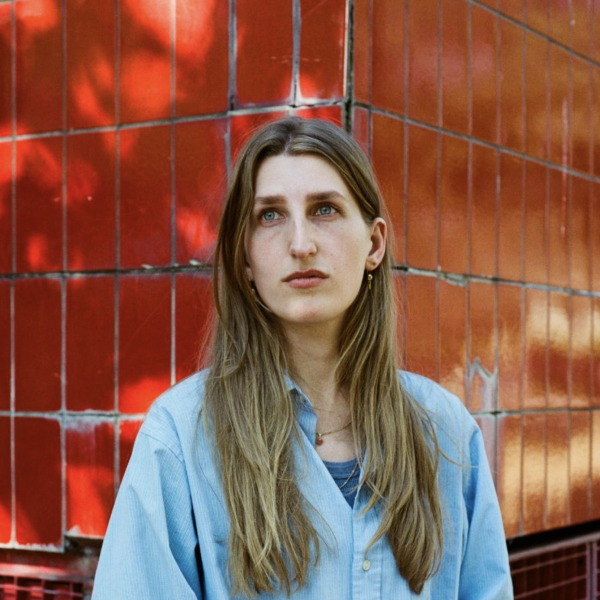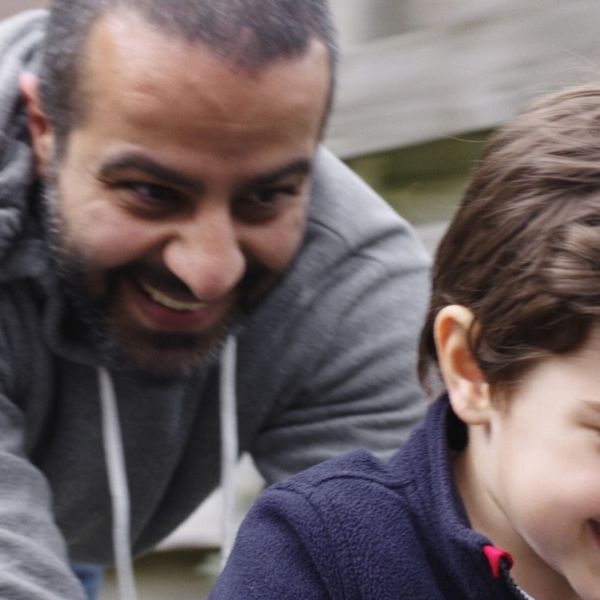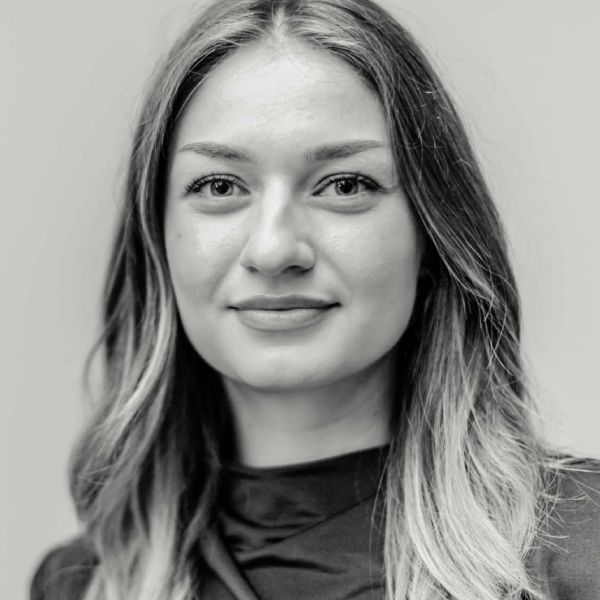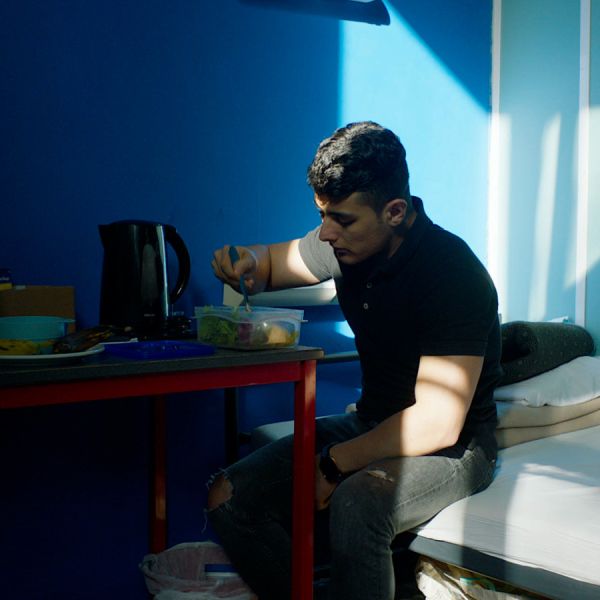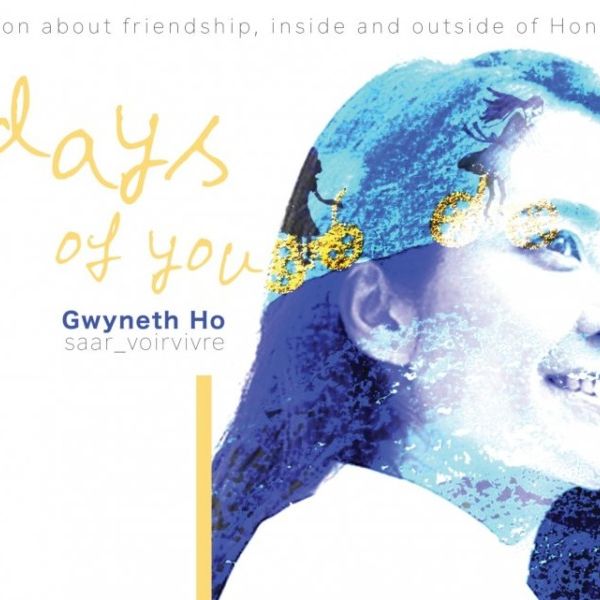You don't wake up as a ‘status holder,’ you wake up as a human being.
On June 20th is World Refugee Day. We spoke with Emmylou Aben, co-founder of the organisations Pitztop and Talenten zonder Grenzen (Talent without Borders). These organisations focus on the question, “How do you ensure a good humane or personable arrival for newcomers in the Netherlands? It starts by referring to status holders as people: “You don't wake you as a 'status holder,’* you wake up as a human begin,” Emmylou emphasised.
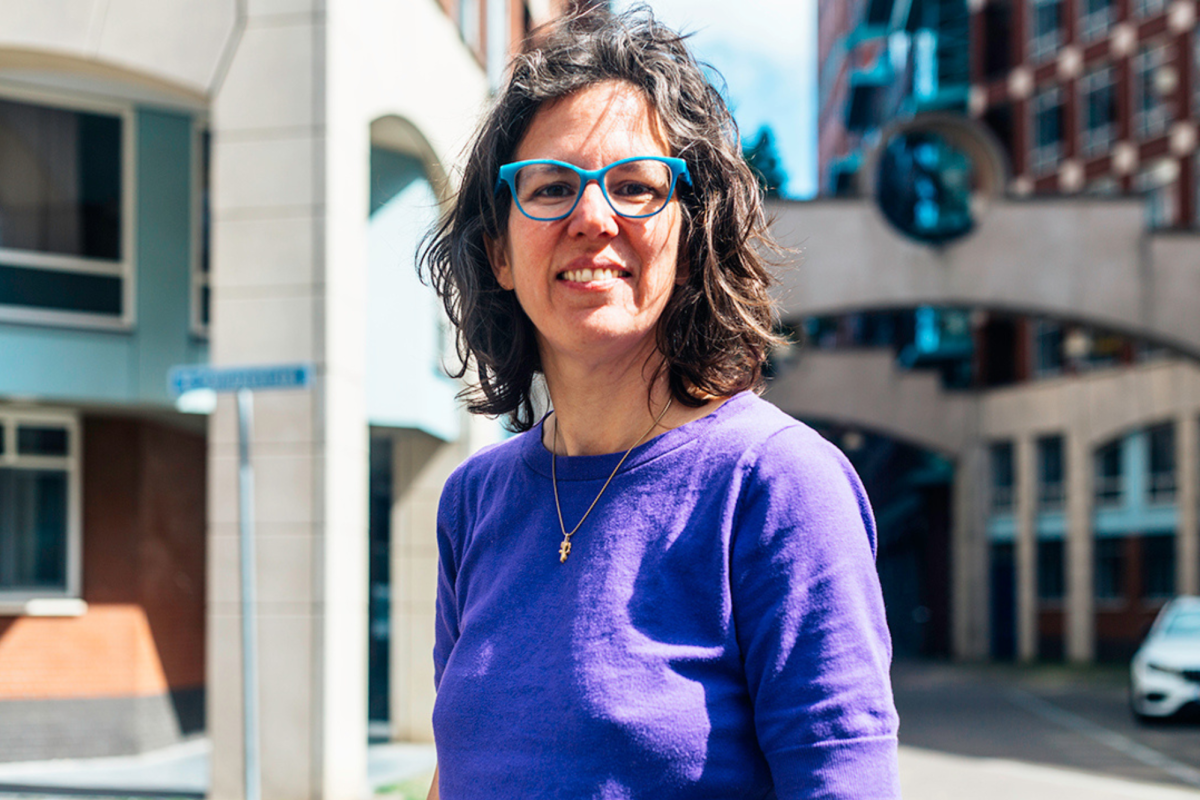
“Nobody gets up in the morning with the thought ‘from today I am completely against foreigners.”
Text and photography by Sacha Celine Verheij
How did you become interested in this subject?
“The fact that the world is bigger than where you come from was obvious to me from childhood. I really enjoyed listening to what motivates someone. I, myself, come from a village in Limburg where a third of the people voted PVV. These are all nice people, some of whom I'm sure also find what I do complicated. They are not the only ones. I like to explore with people where their thinking comes from. Nobody gets up in the morning with the thought ‘from today I am completely against foreigners.”
So how do you get people to talk to each other?
“It is important to include all voices in contemporary debate. Since doing this work, I have noticed that many people are open. Especially people outside of my working field and technical bubble from my previous work, I have met people who were already doing a lot with this. There is a world to be gained in making visible how things can be done. The world is bigger than the current political dominance, that has become clear to me.”
By getting involved, we normalize what is needed to increase people's independence
What do you mean?
In my current work at Pitztop and Talenten zonder Grenzen (Talent without Borders) I discovered that humane help and a social network allow people's talents to become more visible. It makes an impact when someone who speaks the Dutch language fluently, like me, occasionally helps with finding nuance in the language: how to ask a question or how to phrase something. Something so small can mean the difference for someone looking for a job or education. By getting involved, we normalize what is needed to increase people's independence. Many people can offer that involvement and its doesn't have to take a lot of time.
A network is important, but not obvious to everyone?
Exactly, it's about a network. I emphasize the importance of a society that cares about this through my work. We need each other. At the end of the day, we are all human beings, who want a healthy and good life. Whether you them fortune seekers, status holders or refugees, people want to live. Where they couldn't before, they want to move forward again here in the Netherlands.
That's what you concretely do with the two organisations, Pitztop and Talenten zonder Grenzen, right?
“At Talenten zonder Grenzen, we help status holders find a suitable place in the Dutch labour market. At Pitztop, we take this one step further and our mission is to help people participate fully in society, which then leads to a workplace. It starts with creating encounters and providing landing pads (places to live). From there, the road to work can be facilitated as 'new Dutch’ people get to know enough people who can help them on their way to finding work. Not only in a practical sense, for example, with filling out forms, but mainly by starting from someone's exciting skills or talent and building on that. Connecting, trying and learning.
Do you have a concrete example?
“Finding your own path takes time. For example, one of the boys (originally from Syria), through his accumulated network was able to jokingly try out seven work directions. Each time he dared to ask again, “Can I try to be a painter? Maybe ICT is something for me?’ Eventually he ended up at a dental school, which also happened to be his parents’ field of study.”
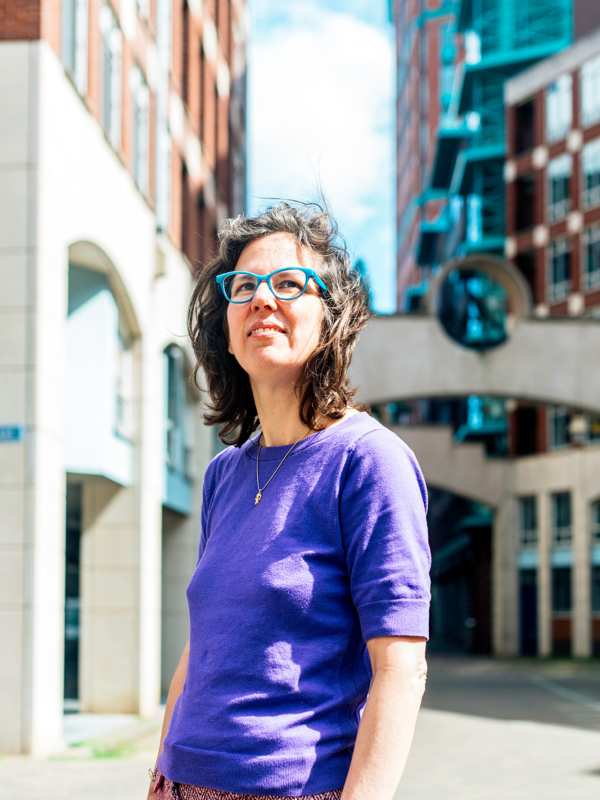
"Officials should ask themselves more often: what would I wish for myself if I were in a dependent situation? And use that answer in how they shape policy or provide support."
What do you think governments and organisations can do more of?
“Although a network can take someone tremendously far, a great responsibility lies with positions of power. The government and organisations can facilitate the integration of newcomers through their policies. If an employer has active policies for hiring people from non-regular backgrounds, then the acceptance of status holders becomes normalised. And officials should ask themselves more often: what would I wish for myself if I were in a dependent situation? And use that answer in how they shape policy or provide support. At the same time, government and organizations are not going to be able to solve these social issues on their own."
Can you expand on that?
“It is also a task of society; you can only put part of what happens in the hands of the government. You can do something in that yourself with the wealth or privilege you have as a Dutch person.”
“Someone told me recent that he found ‘common ground’ with the people present when the Twin Towers were attacked.”
The world is bigger than where you come from, as you said in the beginning of the interview. What is your message to people interested in contributing to your work?
“When you get new neighbours on your street, knock on the door and meet them. Share your experiences, look for what connects you and discover how much you actually have in common. Often, we start from the differences but there are many similarities. A great example I heard the other day was from a person who fled to the United States. The person told me that he only found common ground with people there when the Twin Towers were attacked. People then began to understand that he had to flee because bombs were falling on his village, and what that experience was like for him. From common ground comes more room for difference.”
Where can people find more information about Pitztop and Talenten zonder Grenzen and how can they get involved?
If you are an employer open to hiring or know of companies that would hire people from different than usual backgrounds, email emmylou@talentenzondergrenzen.nl.
Pitztop provides a platform to explore what we can do for a smoother landing in The Hague. If you need help with this, don't hesitate to contact us.
By working together and creating networks, we can have a broader impact. If you want to reach newcomers but are not sure how, we are here for you. You can always call for support and advice.
